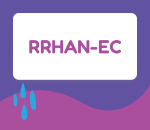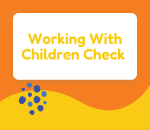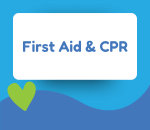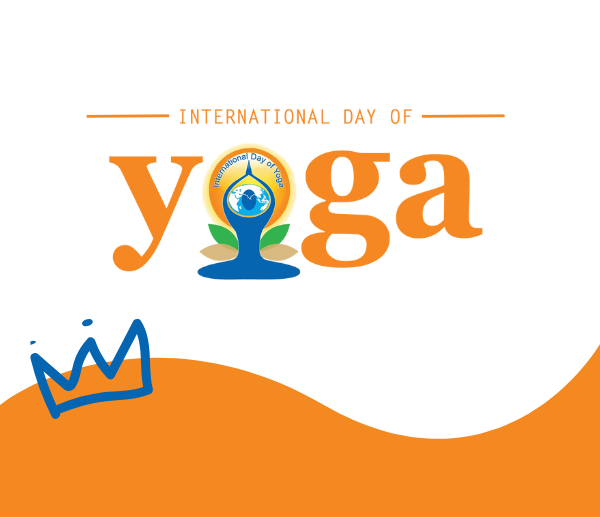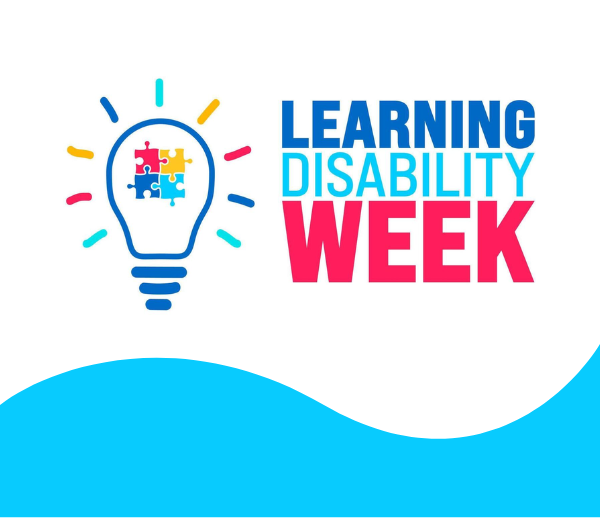Childcare Qualifications and Skills you Need to Succeed in ECEC 2023
Understand the official qualifications you’ll need to find a job in ECEC, as well as the skills we’ve identified that will bring you success in your new role.
Are you considering a job in childcare? If so, there’s never been a better time to join the sector – the early childhood education and care (ECEC) sector is calling out for an additional 30,000 ECEC educators (a 20% increase) and 7000 Early Childhood Teachers (ECTs) (a 16% increase) by May 2024, according to the National Children’s Education and Care Workforce Strategy (2021).
These statistics paint a picture of a sector in need, and underline the critical importance of attracting and retaining qualified staff for childcare centres and services. The sector seeks skilled professionals dedicated to fostering the growth and development of our youngest minds.
But what childcare skills do you need? More than just the requirements listed on a job description, proper skills in childcare are the foundation upon which quality care and education is built. Your toolbox of hard and soft skills is what makes you a great worker, and forms the basis for effectively interacting with children and fostering a safe, nurturing environment for them to thrive in.
Childcare in Australia is composed of various roles; from Early Childhood Educators to Family Day Care Providers, with each role necessitating a specialised approach uniquely tailored to their respective working environments. Whether it be directly supporting learning and wellbeing in personal, more singular environments, or juggling multiple age groups and providing safety and comfort in a home-like environment, each role is varied in its nuances, requiring a different combination of childcare skills and qualifications.
In this article, we’ll cover both the official qualifications you’ll need to find a job in ECEC, as well as the skills we’ve identified that will bring you success in your new role.
Essential Childcare Qualifications
Set by the Australian Government’s National Quality Framework, qualification requirements in Australia are based on the children’s age range. The minimum entry requirement to work in early childhood services is Certificate III. Equipping you with the basics, you learn how to provide a safe and healthy environment for children and learn about their developmental needs. With it, you might become an Assistant Educator, supporting an education program for a group of children.
The certificate is only the first key to unlocking a wealth of possibilities. You might consider anything from a Diploma to a Bachelor’s Degree after that – allowing you to become an Educational Leader of said education programs, sometimes even for children as young as 4-5 in the year prior to their entry to school.
For a complete range of details, check out the Australian Children’s Education and Care Quality Authority (ACECQA): on their website, you’ll find everything you’ll need to know about the volume and nature of learning you’ll need at different qualification levels – the education and training you’ll need ranging from sources such as higher education, vocational education training, or schools.
Soft Childcare Skills
Although they have fun pretending to be all kinds of different characters, at the end of the day, every child is their own person. Even as youngsters, they’re full of personality and quirks that make their learning styles and capabilities a little different, depending on how they’ve been raised and what kind of things they like. So, you’ll need to hone a host of soft interpersonal childcare skills to succeed as a childcare professional.
The Australian Government’s Productivity Commission Inquiry Report (2014) has found that a mindless, one-size-fits all approach of placing children for long hours in care can result in later, behavioural issues – what ends up being crucial, instead, is the quality of care provided. Apart from qualifications and staff-to-child ratios contributing to the quality of childcare, soft skills are also essential in pursuing a long term childcare career.
No amount of qualifications can substitute a genuine love for children and a passion for their development. These children, especially in early childcare, are in a phase of rapid brain development, where the nature, extent, and range of their experiences will significantly influence their long-term growth – an amazing opportunity for enrichment, yet also a period of vulnerability for harm.
You will play a vital role in providing enriching experiences and stimulation, allowing them to develop the self regulatory systems that enable them to control their emotions and behaviour, interact with others, and engage in independent learning.
Soft skills such as patience, communication skills, adaptability, and problem-solving allow you to provide them the best experience possible at a time where their wellbeing is the most fragile – avoiding or alleviating potential detrimental effects on their brain development, which often leads to longer-term effects on physical and mental health into adulthood.
If you’re looking at a role more in the realm of leadership, these soft skills are also vital. A 2022 study in the Australasian Journal of Early Childhood found that the best Educational Leaders not only possessed strong contextual knowledge and experience (someone on the floor, not the office), but also soft skills such as strengths in leadership, collaboration, a flexibility and willingness to adapt, and a drive for continual evolvement. Here you become the lighthouse; the springboard; the compass for your educational team – a team united with the singular goal of improving care for your charges.
Professional Competencies and Hard Childcare Skills
Rounding out the picture, you’ll need various professional competencies and hard skills to complete your toolbox. Depending on the sort of position you’ll be eyeing, you may need to be medically trained in areas such as CPR, First Aid, anaphylaxis management, or asthma management.
Your role of nurturing a child’s social and mental health extends into the physical realm as well. Not only can these childcare skills mean the difference between life and death in emergencies, your ability to respond both quickly and effectively in such situations can build trust with both the child and their parents – an invaluable bond in the education of any child.
Keep in mind your education as well: a theoretical understanding of child development and early education principles, in addition to a comprehensive understanding of regulations and legislations governing the Australian childcare sector, can both be critical.
Your theoretical knowledge will help you foster a positive impact on their future cognitive and social outcomes, given the rapid cognitive, physical, and emotional development during the early years; your regulatory knowledge will help you maintain the quality of care and education provided, enhancing the credibility of your services.
Continuing Professional Development
The qualification staircase is never a race – many people start with earlier certificates and diplomas, only pursuing further education after some years of practical experience in the industry. This time can be valuable for learning your preferences and dislikes in the sector, or what sort of position you might find ideal. You might find that a job, although fantastic on paper, actually runs counter to what you imagined – or you might find yourself enjoying a role you never expected to!
During your time in the field, you’ll also get the chance to build relationships with other professionals – not only opening up opportunities for mentorship and learning, but also keeping you connected to the broader childcare community. You might consider joining local or online professionally-affiliated communities for a platform to share your experiences in, gain insights from others’ practices, and even contribute to the larger discourse around early childhood education in Australia.
Ready for a Career in Childcare?
Trust us: the lists of qualifications and skills for childcare we’ve listed here aren’t as intimidating as they seem! Being able to perceive the impact your efforts are making in the world makes childcare one of the most rewarding jobs out there. As one of the most critically important fields in a society, educators shape the lives of countless children. It’s a job that, when you’re equipped with the proper hard and soft skills, qualifications, and competencies, will help to shape the future of our society.
Help guide Australia’s future.
Entree Early Years Recruitment is a trusted name in recruitment and staffing services championing the cause of early childhood education in Australia, here to help connect you with other skilled educators and forward-thinking businesses.
Be sure to find out more tips, tricks, and news about working in the ECEC sector, about navigating career pathways, as well as our latest openings across Australia.

